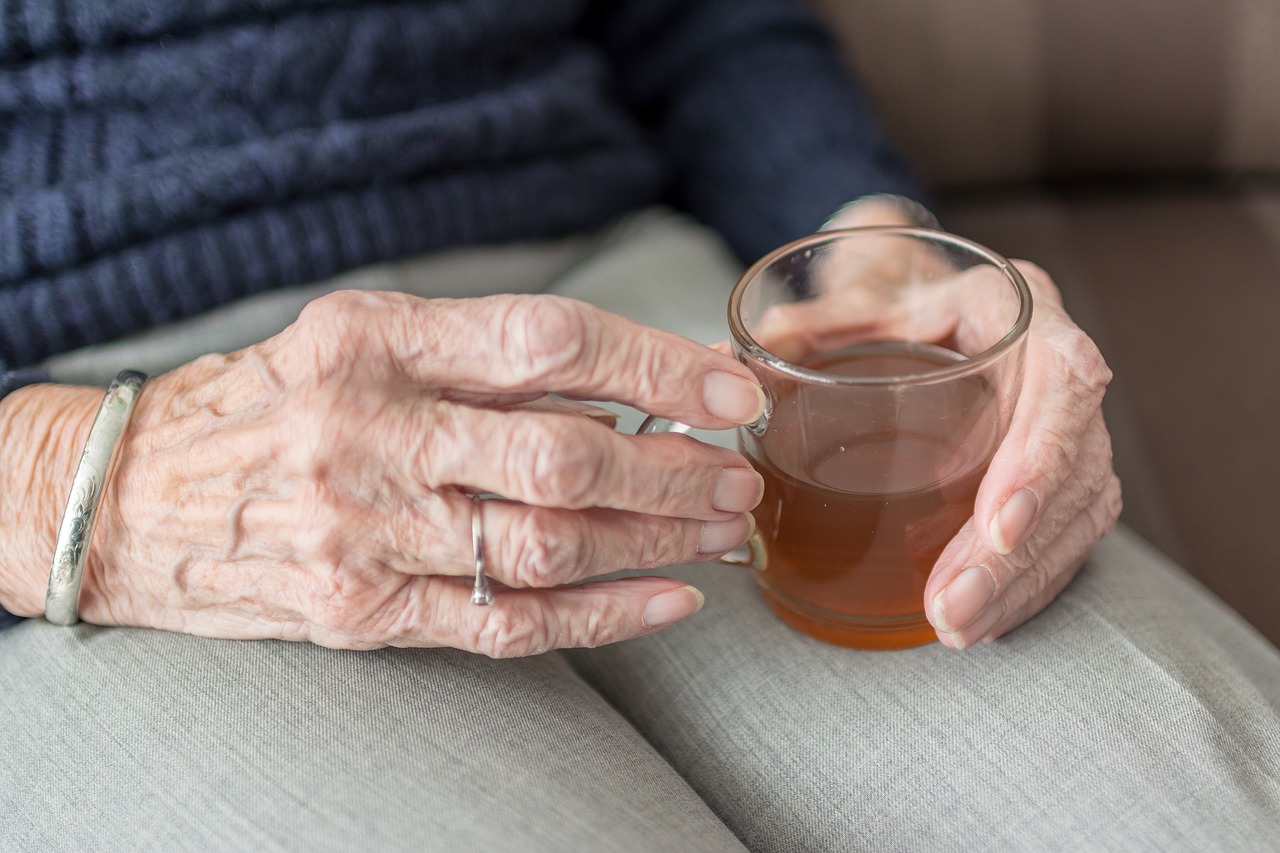Pioneering a way to better outcomes for elderly patients
The assessment, treatment and care for older cancer patients in the UK has fundamentally changed over the last decade thanks in part to research conducted at the University of Reading. Margot Gosney, Professor of Elderly Care Medicine, has not only helped define the role of the geriatrician in the management of cancer; her research has shaped international guidelines, government policy and the medical curriculum.
Better cancer care
There are unique challenges associated with the care of older cancer patients. It is often difficult, for example, to distinguish the symptoms associated with cancer from other symptoms associated with ageing. Other conditions, such as dementia or stroke, may make it difficult for patients and their healthcare professionals to communicate. And frailty of the patient may limit the treatment options that are available.
Combined, these factors contribute to poorer outcomes for older cancer patients (70 years and older) compared with other age groups; yet, more than half of new cancer cases are among people aged 65 and older.
Professor Gosney is on a mission to improve outcomes for older cancer patients by building an evidence base which can inform new thinking about their care. Until the 1990s, cancer in older people was poorly researched, under treated and evidence was poor. Gosney was the first geriatrician in the UK to be trained in both geriatric medicine and oncology and she has helped define the role of geriatricians in the care of older cancer patients.
Her publications have discussed ways to comprehensively assess older patients with cancer, weigh treatment options and manage any special considerations there may be as a consequence of the natural ageing process, as well as conditions such as dementia. Her research has centred on optimising care for older patients, not only with cancer but in other contexts as well.
In 2009, as the NHS prepared to introduce a new programme to screen people over 60 for colorectal cancer, Gosney highlighted the paucity of evidence to indicate screening was applicable to this age group. She became part of a task force created by the International Society of Geriatric Oncology (SIOG) to determine whether there was sufficient age-appropriate data to develop guidelines for the treatment of older colorectal cancer patients. In 2010, Gosney was once again part of a SIOG task force, this time alongside the European Society of Breast Cancer Specialists to update evidence-based recommendations that she had helped develop in 2007, for managing breast cancer in older individuals.
Gosney’s contributions have given weight to a growing body of evidence that changes in practice can lead to better outcomes for older cancer patients. This has facilitated change.
In October 2012 the Equality Act of 2010 was extended to prohibit age discrimination in the provision of services, making it a legal requirement to ensure cancer services meet the needs of older people. In response to these changes in legislation and in a drive to improve cancer survival rates in England, the Department of Health published recommendations for improving cancer care for older people. Requirement 73, which mandates all Trusts implement geriatrician input into the cancer care for the elderly population, was a result of these recommendations from the Department of Health along with Macmillan pilot site work. Gosney led one of the pilot sites in Reading, the only one of the five pilot sites based in a non-teaching hospital, and one of only two groups led by a Geriatrician.
Fast Facts
- Until the 1990s, cancer in older people was poorly researched, under treated and evidence poor.
- 60% of new cancers are diagnosed in patients aged 65 and older.
- It’s predicted that by 2030, 70% of all cancers will occur in older people.
- Over 20 Trusts in the UK now have Geriatric Oncology teams secondary to the service that Gosney designed and set up as part of a Department of Health/Macmillan pilot.
- Evidence from Gosney has shown that you are only half as likely to undergo definitive cancer treatment if you have a diagnosis of dementia.
Further info
- Professor Margot Gosney is an advisor to the National Institute for Health and Care Excellence, National Institute for Health Research, International Society of Geriatric Oncology, and various other groups representing the needs of older people with malignant disease. She was the Founding Chair of the British Geriatrics Society’s Geriatric Oncology Group and sits on MacMillan’s Older People’s Oncology Expert Reference Group.
- Gosney has helped shape the training of future geriatricians, authoring five chapters in Problem Solving in Older Cancer Patients, a textbook developed by the Association of Cancer Physicians and the British Geriatrics Society, which won First Prize in the 2016 British Medical Association Medical Book Awards (oncology section).
- Professor Gosney’s research interests extend beyond the care of older patients with cancer. She also has research projects looking at ways to improve nutrition among older people in care facilities, including people who have suffered stroke; the efficacy of influenza vaccination in older people; and numerous clinical studies looking at topics spanning pressure sore prevention to the importance of micronutrients.

